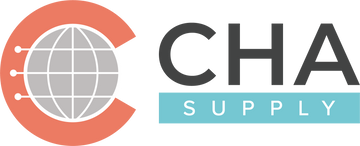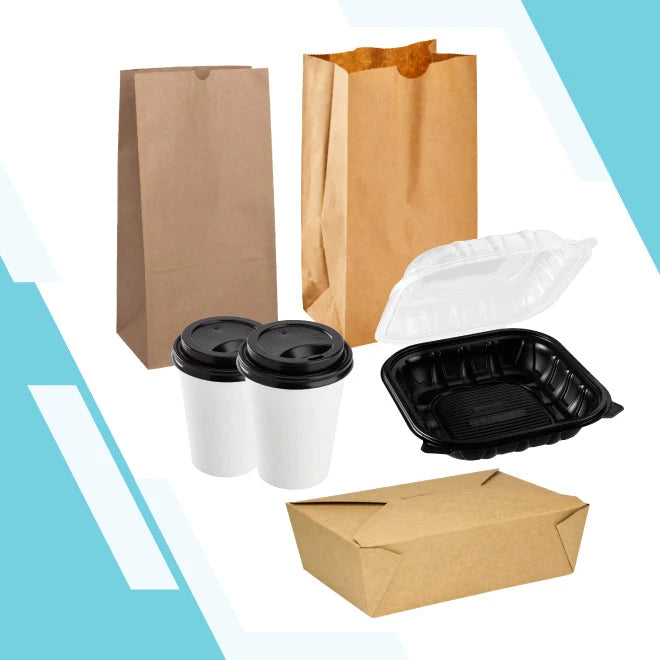Tariff Turmoil: How to Stay Ahead in the Uncertain Trade Landscape
Tariffs are back in focus. U.S. tariff hikes on Chinese imports are affecting $18 billion in goods. Companies that depend on international trade are feeling the pressure. Trade wars, policy changes, and economic uncertainty are shaking the global economy. They are also affecting your profits.
Tariffs don’t just raise prices. They disrupt supplier relationships, delay shipments, and force hard choices. As global tariffs shift in real time, staying flexible and strategic isn’t optional; it’s critical.
In this post, we’ll unpack why tariff volatility is here to stay, how it affects the global supply chain, and what smart businesses are doing to adapt. Let’s dive in.
Tariffs 101: Why They’re So Volatile
Tariffs are taxes imposed on imported goods. Governments use them to control trade, protect domestic industries, or retaliate during disputes. These sweeping tariffs can change quickly, sometimes overnight, and have lasting ripple effects on the global market.
- Geopolitical tensions and retaliatory measures between trading partners
- Shifting trade agreements and reciprocal tariffs
- Inflation and currency swings
- Domestic protectionist agendas
Industries like electronics, agriculture, medical devices, and automotive are feeling the heat. A small tariff adjustment can translate into significantly rising costs.
How Tariffs Disrupt the Global Supply Chain

Tariffs create a chain reaction that touches every part of your operations. Here's how:
1. Rising Costs
Tariffs drive up the landed cost of goods, which includes shipping, customs, and import taxes. This squeezes margins and often forces businesses to raise prices or absorb the loss.
2. Supplier Strain
Tariff hikes mean renegotiating contracts, shifting purchase volumes, or even walking away from long-standing supplier relationships, especially if those suppliers are in high-tariff regions.
3. Delays and Red Tape
New global tariffs often come with added documentation, customs confusion, and slower processing. This leads to inventory gaps and service delays.
4. Sourcing Complexity
Switching suppliers or countries to avoid potential tariffs isn’t simple. It involves audits, compliance reviews, quality checks, and significant lead time.
5. Operational Ripple Effects
Every stage is made more difficult by tariff volatility, from demand forecasting to compliance risk. There are more moving components and more potential for problems in larger networks.
Clever Techniques to Handle Tariff Unrest

Trade policy is unpredictable, but it is something you can plan for. Here are some tips for staying ahead in the ever-changing world of international trade.
A. Diversify Your Supplier Base
Relying on a single country leaves you vulnerable to reciprocal tariffs and regional instability.
- Source from multiple countries to minimize risk.
- Explore nearshoring or reshoring to bring production closer to home and avoid volatile zones.
B. Stay Informed and Agile
The global tariff landscape changes fast. Subscribe to trade updates, follow policy news, and empower someone on your team (or a partner) to monitor trade developments in real time.
C. Plan for the “What-Ifs”
Run scenario planning models to explore the impact of tariff increases, new trade deals, or sudden retaliatory measures. Contingency plans and flexible contracts can be lifesavers.
D. Adjust Your Procurement Strategy
Shift your focus from the lowest upfront cost to total cost of ownership. That means factoring in duties, tariffs, shipping, and supplier risk. A partner with custom procurement expertise like us can help navigate these trade-offs smartly.
E. Use Technology to Stay Ahead
Supply chain tech gives you a competitive edge. Use tools for:
- Trade compliance
- Supplier visibility
- AI-driven forecasting
These platforms help you respond to potential tariffs and other changes with speed and confidence. We see several businesses leveraging these tariffs to spark innovation within their supply chain operations.
Case in Point: Pivoting Under Pressure
Toyota is considering relocating its next-generation RAV4 SUV manufacturing to the United States.
Following the new 25% tariffs on imported cars, this decision was made. This decision comes after a new 25% tariff on imported vehicles. The company had planned to export the new RAV4 from Canada and Japan.
Now, it might expand its Kentucky operations to cut costs and deal with currency changes. If approved, production could start by 2027.
This change shows a trend in global manufacturing. Companies are adjusting their supply chains. They want to lower tariff risks and maintain market stability.
Final Take: Don’t Panic — Plan
In today’s unpredictable global market, planning beats panic every time. Tariffs will continue to rise, fall, and shift. A thoughtful strategy helps you stay flexible, reduce risk, and protect margins.
Start now by:
- Reviewing your supplier mix
- Monitoring global trade developments
- Investing in tools and partnerships that strengthen your supply chain resilience
Partnering with CHA Supply: Your Competitive Edge

At CHA Supply, a subsidiary of Concentric Health Alliance, we create options that are designed specifically to help businesses like yours overcome the challenges of tariff volatility and supply chain disruption.
We offer custom procurement solutions that reduce dependency on high-tariff regions (we have facilities in over 40+ countries), diversify your supplier base across low-risk markets, and leverage our global network to secure competitive pricing despite rising costs.
Whether it’s sourcing alternatives, optimizing shipping strategies with alternative trade routes, or navigating global tariffs with compliance expertise.
CHA Supply delivers the agility and insight you need to stay ahead. In a landscape full of uncertainty, we bring stability, strategy, and savings to your global supply chain.
Want more insights on navigating trade changes? Check out the resources below!
📚 Check out more insights from our other blog posts
🛍️ Browse & Shop Our Online Inventory









Leave a comment